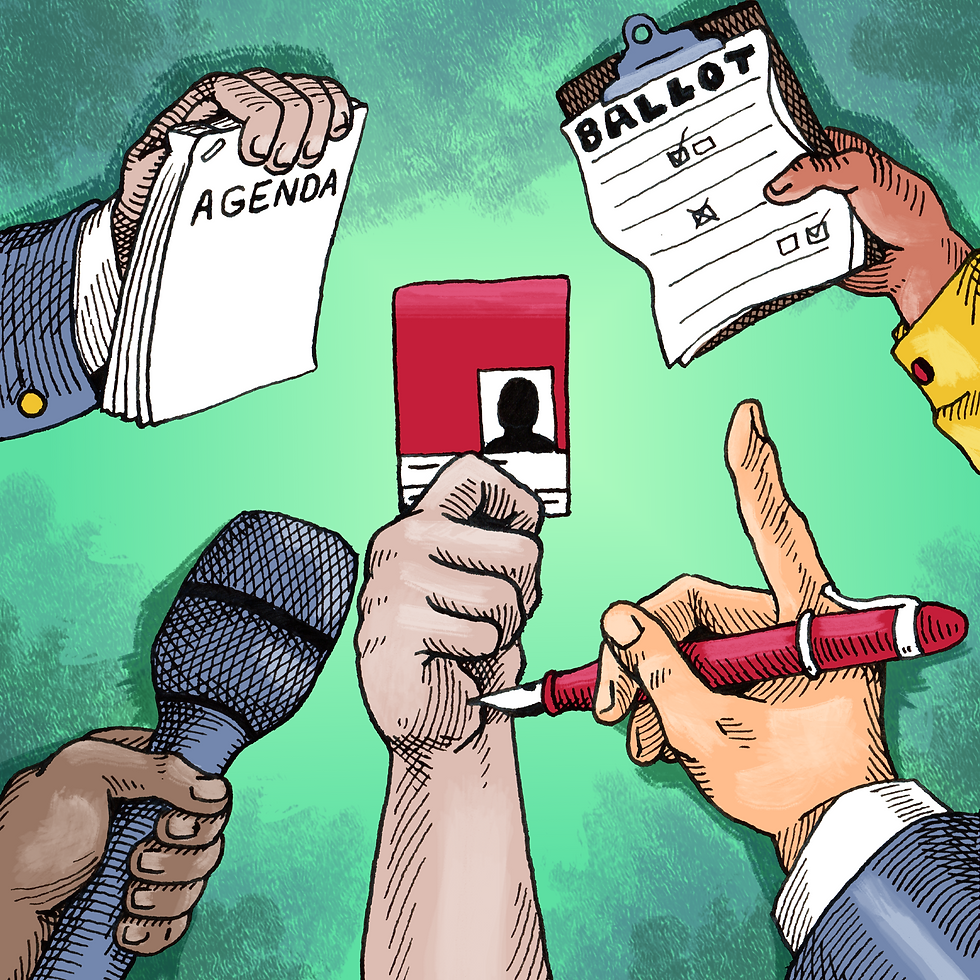Professor Richard Ellis published once more; a look back on Lincoln
- Caelyn Ochs, Staff Writer
- Oct 24, 2025
- 3 min read

Released in February, Willamette professor Richard Ellis' latest book seeks to tackle the question: What do presidents actually have the power to do?
Ellis has taught political science at Willamette University for 35 years. Throughout his lengthy career, he has published an array of books and textbooks, focusing on the history of the American presidency and American political culture. His newest publication, titled “Lincoln's Last Card: The Emancipation Proclamation as a Case of Command,” was released on Feb. 25, to coincide with President’s Day.
The book focuses on the Emancipation Proclamation, President Abraham Lincoln’s 1863 wartime executive order which granted the legal freedom of people enslaved in Confederate states, through the lens of political scientist Richard Neustadt’s understanding of presidential power.
Ellis explained the idea for the book stemmed in part from “hearing people talk about what [President Joe] Biden should do with a sort of stroke of a pen, that he could change American politics if he [would] just [be] bolder or braver.” He shared that the public tends to “think [that] Lincoln did this on his own by this sort of bold declaration, and what I was trying to show in the book is that that’s really not the way presidential leadership happens.”
Ellis hopes to highlight the ways in which Lincoln was pushed into signing the proclamation by congress and pressure from antislavery activists. Most importantly, Ellis argues that the proclamation came only after Lincoln repeatedly failed to persuade the Border States to adopt his own preferred plan of gradual, compensated emancipation, preferably with colonial emigration of free Black people. In his book, Ellis expands on how Lincoln had done his best to explore other options before giving in to Congress’ demands. “The argument of the book is as the title suggest[s], that [the proclamation] was his last card,” Ellis said.
Ellis started writing and researching for this book during his last sabbatical, in the fall of 2023. This research resulted in the shortest book he has ever written, but the choice of length was intentional. “The idea for the book was that it would be for classroom use, and it would be short and accessible,” he said. With the book only being 101 pages, Ellis hopes it will be easier for teachers of the presidency to incorporate the book into their courses.
During the writing process, Ellis did not just get the chance to look back on American history but also on himself and his teaching career. When he first came to Willamette, he gave a job talk on Lincoln and Lincoln’s leadership. “Writing this book was kinda fun because it was a chance to go back to the job talk that I gave 35 years ago and revisit the subject of Lincoln and also make use of all the Lincoln books I’d accumulated over 30 years that I wasn’t sure I would ever get to use,” he stated.
Professor Ellis hopes this book is useful for classes and can help shape the way the presidency is taught. In doing so, he wants to continue to help educate students on the truth of the past and the present, as he has for the last three and a half decades.
“Lincoln's Last Card: The Emancipation Proclamation as a Case of Command” is available for purchase on Amazon.




Comments